Analytical skills Math Worksheets for Ages 4-8
5 filtered results
-
From - To
Unlock your child's potential with our Analytical Skills Math Worksheets designed for ages 4-8. Tailored to boost critical thinking and problem-solving abilities, these worksheets make learning math fun and engaging. From identifying patterns to solving puzzles, each activity helps young learners develop key foundational skills. Created by education experts, our printable worksheets challenge and stimulate children's minds, making math an enjoyable adventure. Perfect for home or classroom use, these exercises build confidence and foster a love for learning. Dive into a world where math meets creativity and watch your child's analytical skills soar!
For more details, visit Kids Academy.
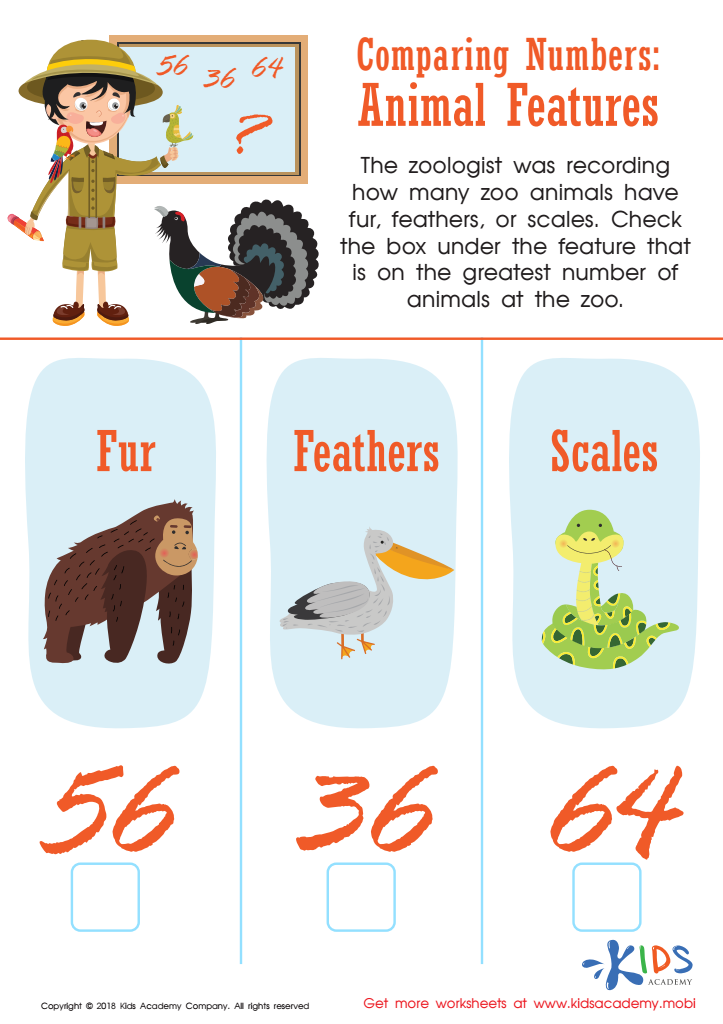

Animal Features Worksheet
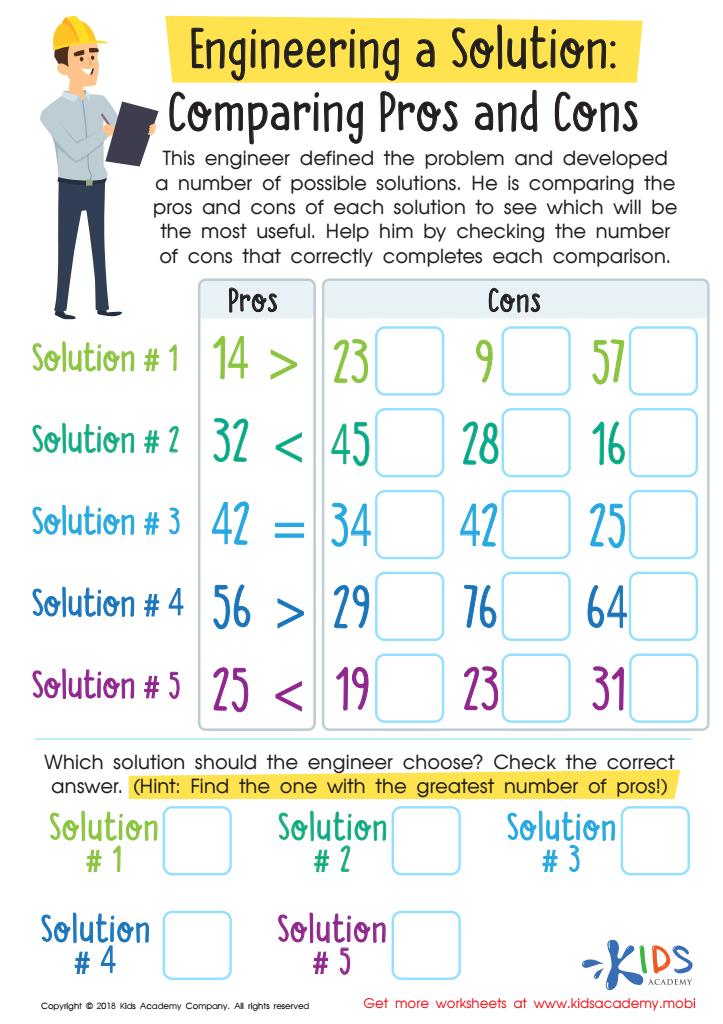

Engineering a Solution: Comparing Pros and Cons Worksheet
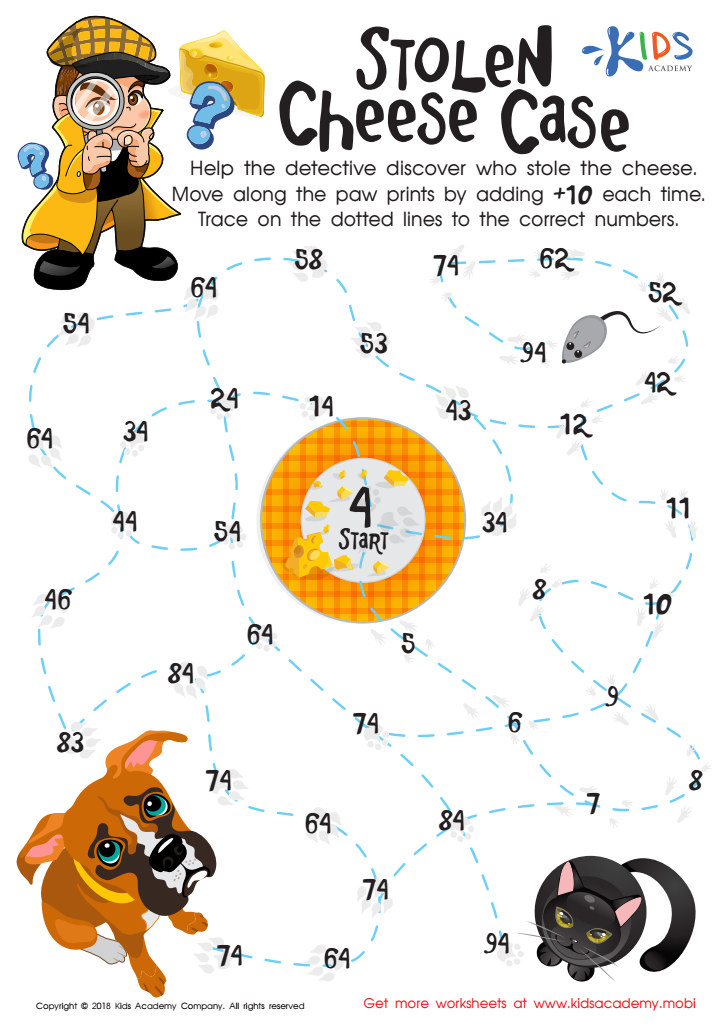

Stolen Cheese Case Maze Worksheet
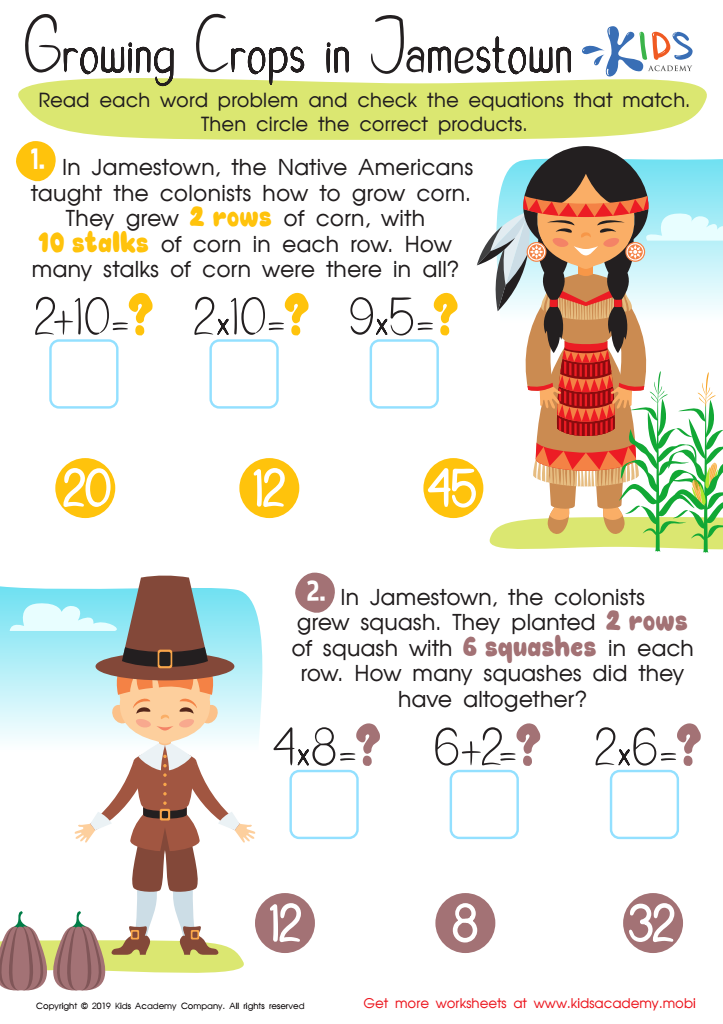

Growing Jamestown Worksheet
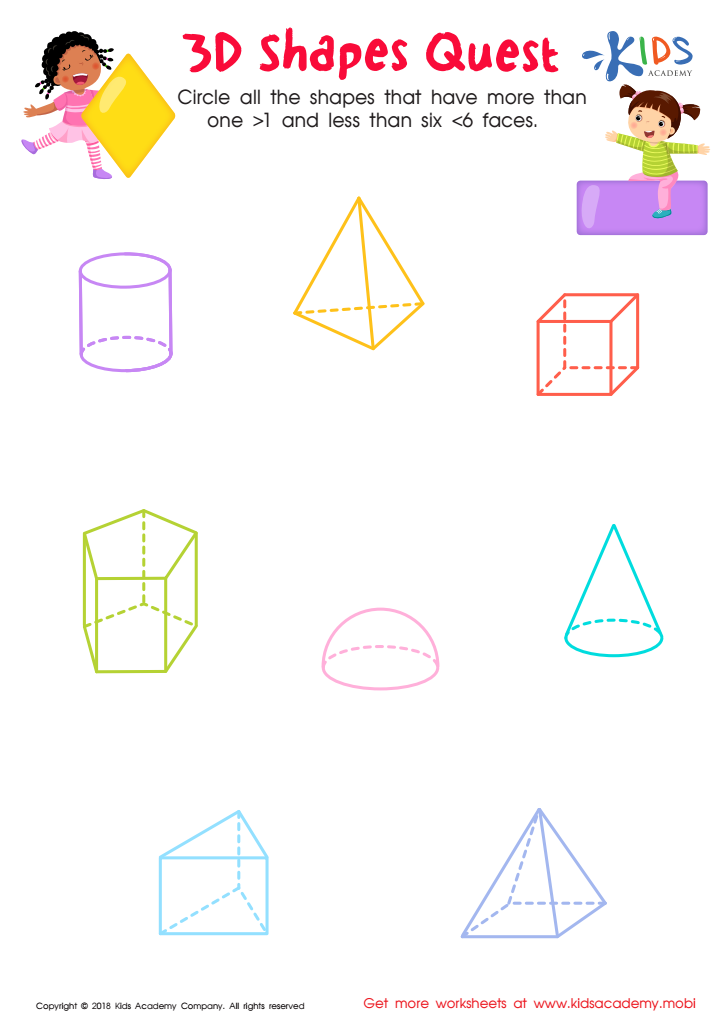

3D Shapes Quest Worksheet
Parents and teachers should prioritize fostering analytical skills in math for children aged 4-8 because these skills lay the foundation for future academic success and problem-solving abilities. At this formative stage, young minds are highly receptive to learning and developing cognitive abilities. Analytical skills in math empower children to understand patterns, make connections, and think logically. By engaging in activities that involve sorting, comparing, and sequencing, children learn to approach problems methodically. This enhances their ability to tackle not only math-related challenges but also real-life scenarios that require critical thinking.
Moreover, early exposure to analytical math skills nurtures a positive attitude toward the subject. Children who develop confidence in their problem-solving abilities are more likely to pursue advanced mathematical concepts with enthusiasm in later years. Analytical skills also contribute to improved performance in other academic areas, such as reading comprehension and science, where logical reasoning and systematic thinking are crucial.
Parents and educators play a pivotal role in creating a stimulating learning environment. Incorporating fun, hands-on activities like puzzles, games, and interactive storytelling can make learning math enjoyable and engaging for young learners. By investing in these foundational skills, parents and teachers help children develop a robust intellectual toolkit, setting them on a path toward a lifetime of successful learning and decision-making.
 Assign to My Students
Assign to My Students
















